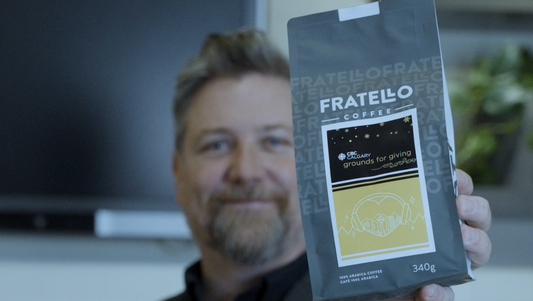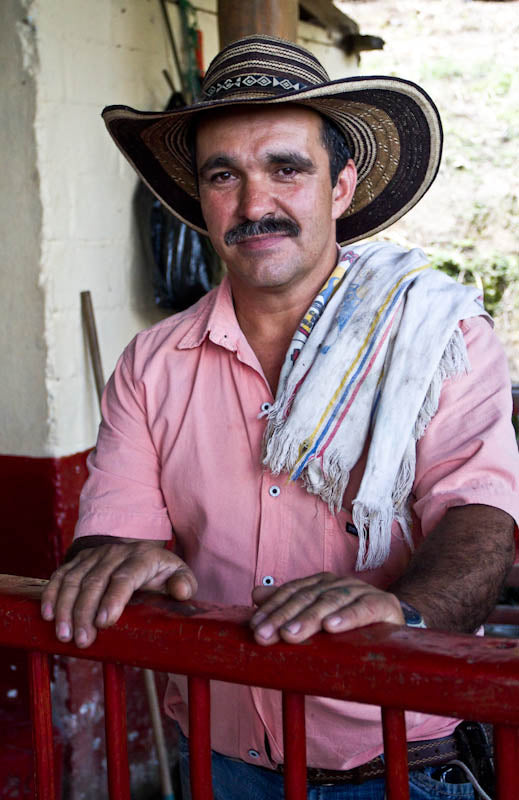Fair Trade Coffee - from Volcafe USA

VARGINHA, Brazil — Rafael de Paiva was skeptical at first. If he wanted a “fair trade coffee” certification for his coffee crop, the Brazilian farmer would have to adhere to a long list of rules on pesticides, farming techniques, recycling and other matters. He even had to show that his children were enrolled in school.“I thought, ‘This is difficult,’” recalled the humble farmer. But the 20 percent premium he recently received for his first fair trade harvest made the effort worthwhile, Mr. Paiva said, adding, it “helped us create a decent living.”More farmers are likely to receive such offers, as importers and retailers rush to meet a growing demand from consumers and activists to adhere to stricter environmental and social standards. Mr. Paiva’s beans will be in the store-brand coffee sold by Sam’s Club, the warehouse chain of
Wal-Mart Stores. Dunkin’ Donuts, McDonald’s and Starbucks already sell some fair trade coffee.“We see a real momentum now with big companies and institutions switching to fair trade,” said Paul Rice, president and chief executive of TransFair USA, the only independent fair trade certifier in the United States. The International Fair Trade Association, an umbrella group of organizations in more than 70 countries, defines fair trade as reflecting “concern for the social, economic and environmental well-being of marginalized small producers” and does “not maximize profit at their expense.” According to Fairtrade Labelling Organizations International, a group of fair trade certifiers, consumers spent approximately $2.2 billion on certified products in 2006, a 42 percent increase over the previous year, benefiting over seven million people in developing countries.Like consumer awareness of organic products a decade ago, fair trade awareness is growing. In 2006, 27 percent of Americans said they were aware of the certification, up from 12 percent in 2004, according to a study by the New-York based National Coffee Association.There is no governmental standard for fair trade certification, the same situation as with “organic” until a few years ago. Some fair trade produce also carries the organic label, but most does not. One important difference is the focus of the labels: organic refers to how food is cultivated, while fair trade is primarily concerned with the condition of the farmer and his laborers.Big chains are marketing fair trade coffee to varying degrees. All the espresso served at the 5,400 Dunkin’ Donuts stores in the United States, for example, is fair trade. All McDonald’s stores in New England sell only fair trade coffee. And in 2006, Starbucks bought 50 percent more fair trade coffee than in 2005. Fair trade produce remains a minuscule percentage of world trade, but it is growing. Only 3.3 percent of coffee sold in the United States in 2006 was certified fair trade, but that was more than eight times the level in 2001, according to TransFair USA.Most coffee farmers are organized into cooperatives, and some of that premium finances community projects like schools or potable water. Like most of his cooperative’s 3,000-odd members — and three-quarters of coffee growers worldwide — Mr. Paiva, the coffee farmer, farms less than 25 acres of land. He produces around 200 132-pound sacks for the co-op, with 70 percent of that sold as fair trade to Café Bom Dia.



